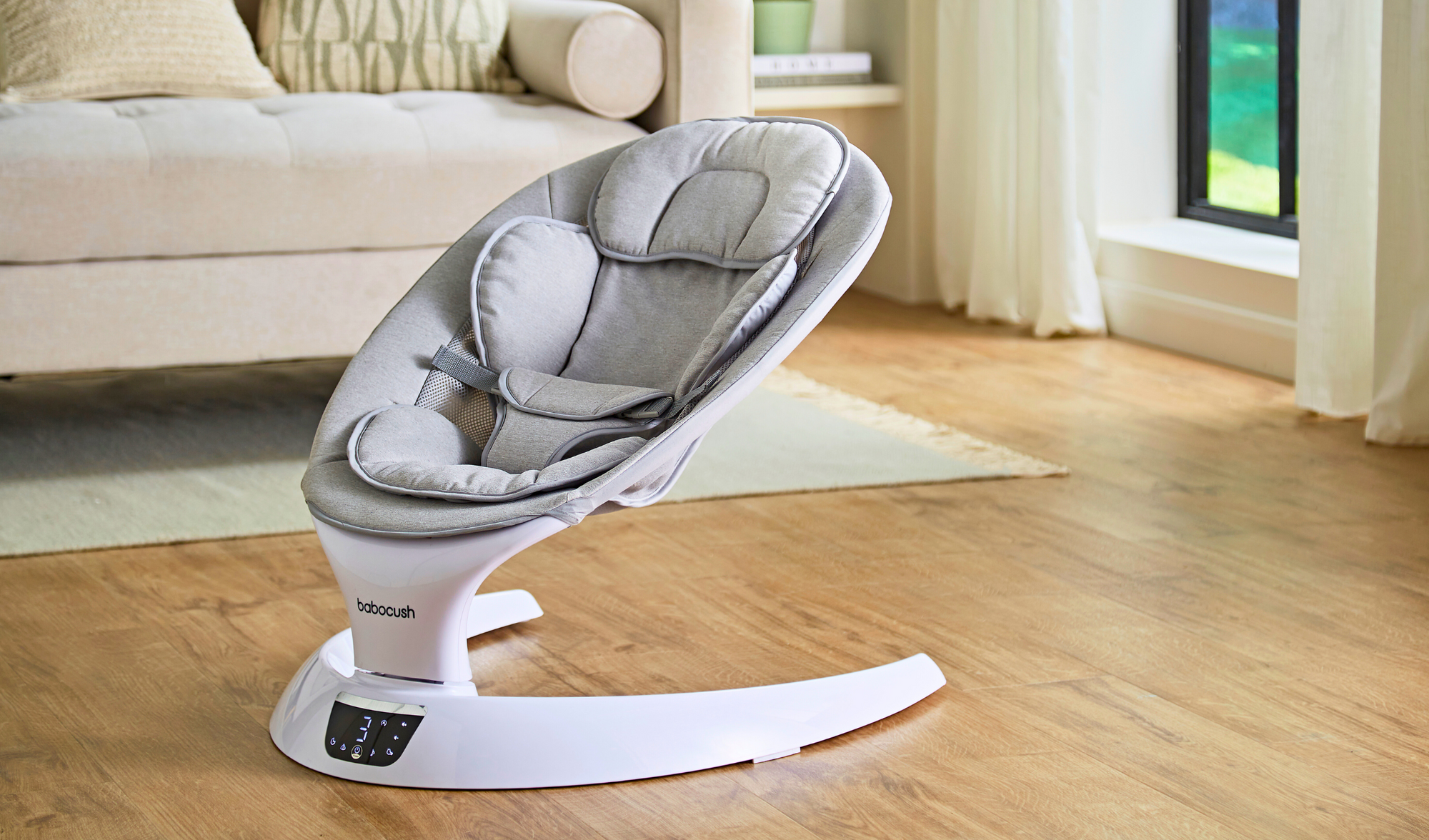Approximately 15% of newborns are born with colic every year — a condition diagnosed when a baby cries for more than 3 hours a day. Considering all things, it's hard to believe that more colicky newborns parents are not institutionalised every year! I know it almost sent me over the edge! The subject of colic, its causes and cures, for ages has flummoxed parents and health care providers.
What is Colic?
The word "colic" is sometimes used to describe a baby who is crying for a prolonged period of time. Many parents wonder if their baby has colic and if so, what can be done to cure it.
What Causes Colic?
After all these years, physicians and researchers still have no definitive response about what causes some babies to endure such long crying spells. The following is just a short list of things which could aggravate or cause colic:
- Immature nervous system
- Breastfed babies may be bothered by foods in their mothers’ diets
- A sensitive temperament that needs more attention
- Overfeeding or feeding too quickly
- Unusually sensitive to stimulation
- Acid reflux
- Bottle-fed babies may be intolerant to certain proteins in their formula.
- It appears that infants whose mothers smoked during pregnancy are twice as likely to suffer with colic
- Hunger
- Intestinal gas (resulting from too much air swallowed during crying fits)
- Not burping after a feeding or incorrect positioning after feeding
- A low birth weight baby
How Long Does Colic Last?
Colic typically lasts for up to three months for most babies but can often last up to 9 months of age.
Treatment
Since there is no definite cause, there is no known cure for colic. Many of the treatments are designed to decrease the crying intensity and eliminate any factors that could make it worse. Many of the most common methods used to alleviate weeping or decrease colic include the following:
- Breastfeeding mothers can reduce colic by ensuring that the baby receives lots of "hindmilk" at each feed and not just the "foremilk." This can be done by making sure that one breast is finished before offering the other or offering only one breast per feed and emptying it completely.
- Gently massage your baby’s stomach, in clockwise, circular motions around the navel (this is where the intestines are located).
- Place a warm water bottle on your baby’s stomach (make sure it’s not too hot).
- Breastfeeding mothers may need to evaluate what they are eating by keeping a food and crying diary.
- Burp your baby often and hold them upright as often as possible.
- Lay your baby tummy-down across your knees, while gently moving your legs to massage the abdominal area.
- Bottle-fed babies may have an allergy or reaction to ingredients in their formula and may need to be switched to something different.
- Talk with your health care provider about using probiotics.
Living with Colic
Colic doesn't cause your baby any short or long-term damage but many parents but it causes a lot of stress for worried parents. Babies who cry incessantly can be difficult to care for. You may feel irritated or overwhelmed. Never be afraid to ask for help.
It’s important to keep in mind that you haven’t caused the colic, so try not to feel guilty. Colic will disappear eventually, by the time your baby is 3-4 months old they’ll most likely have outgrown it. Just because your baby has colic, doesn’t mean they’re unhealthy. There are plenty of ways to soothe your crying or colicky baby.
For more of our top tips on baby colic and reflux, check out our blog posts:
Coping With Baby Reflux: 6 Tips


